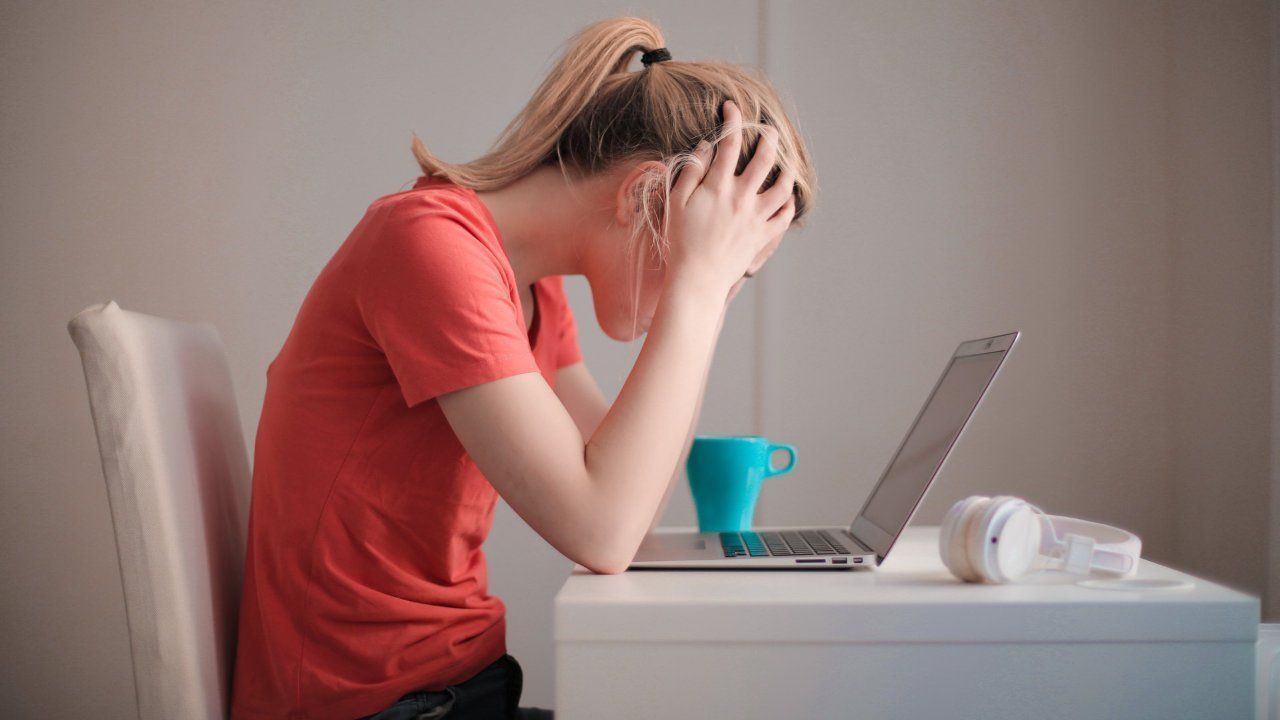Digital tool giant Atlassian says work-life balance is currently a mess
It turns out many of us aren't doing a very good job of this remote working thing, and it's putting us at risk of burnout.

Statistics don't lie: our current working-from-home habits aren't looking good.
Atlassian — the Australian global tech juggernaut whose portfolio includes digital collaboration apps such Jira, Confluence, and Trello — has found through their analytics that we're all working longer days on average since the pandemic hit.
These findings shouldn't come as a surprise to many who have transitioned to remote working at some stage during 2020.
Despite our best intentions to establish a healthy routine, it's all too easy to get sidetracked during the day and attempt to make up for it at night. Another issue is lack of distinct separation from our working and living spaces, so the two bleed into one another.
It's worth noting that Atlassian's analytics, while comprehensive, are based on usage data from Jira, Confluence and Bitbucket — software that not everyone uses. Regardless, they're popular services, especially amongst highly digital working environments, so there are bound to be similarities to your remote working experience.
Looking at Australia, we're working more than half-an-hour longer days on average, and the time of day worked has shifted since the pandemic.
Generally speaking, Australians, among many other countries, are working less during the day, and creating a longer tail of work late into the evening.
This increase in work time spread over longer periods each day is sparking concerns over burnout. An Atlassian-commissioned study examining the impact of remote work found that 23% of respondents think about work more often than before they began working from home.
To add more food for thought on the working-from-home-while-the-world's-on-fire scenario, an Ars Technica report points out that workplace hardware is yet another issue to factor in. Gone are the days where a company laptop will do the trick — the whole working and communication model needs revisiting.
As for what you can do in the meantime, because remote work isn't going away anytime soon, regular check-ins with team members are important for wellbeing and to discuss potential issues, in addition to scheduling breaks to ensure you stop working when you should.
Plus, most jobs don't need you to have notifications on at all hours of the day. Your excitement at sharing a giant Metapod sack can wait until the morning.
Not that I'm speaking from experience, mind you.
Byteside Newsletter
Join the newsletter to receive the latest updates in your inbox.


